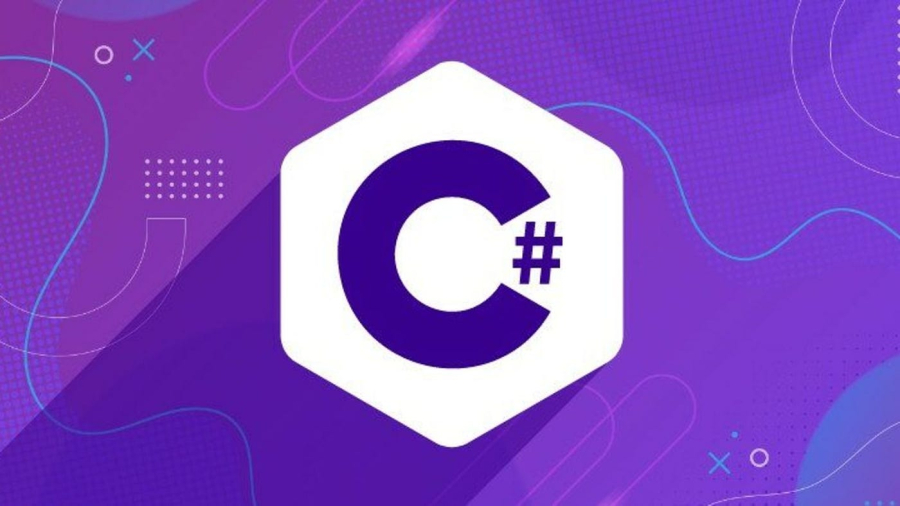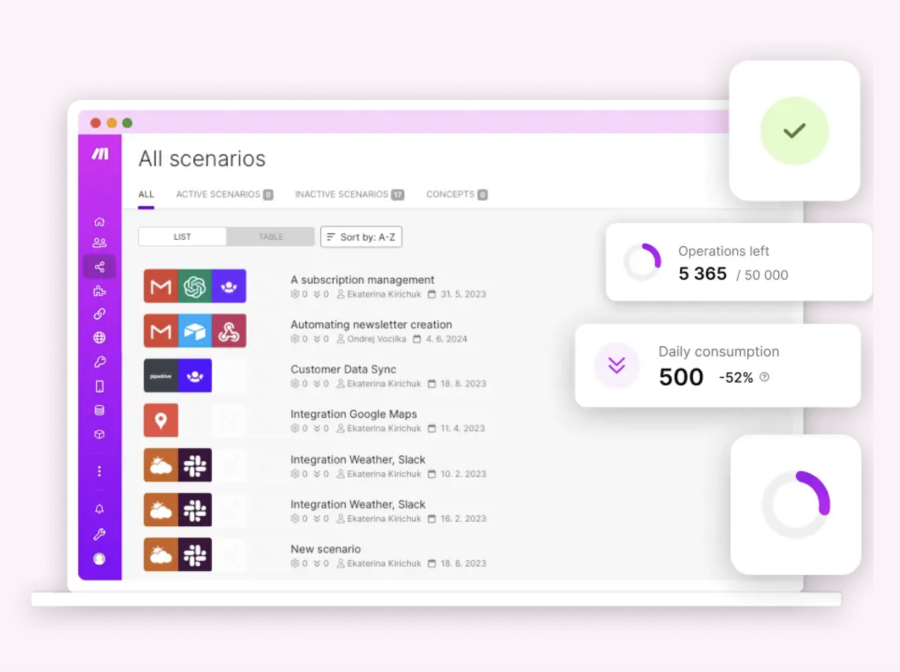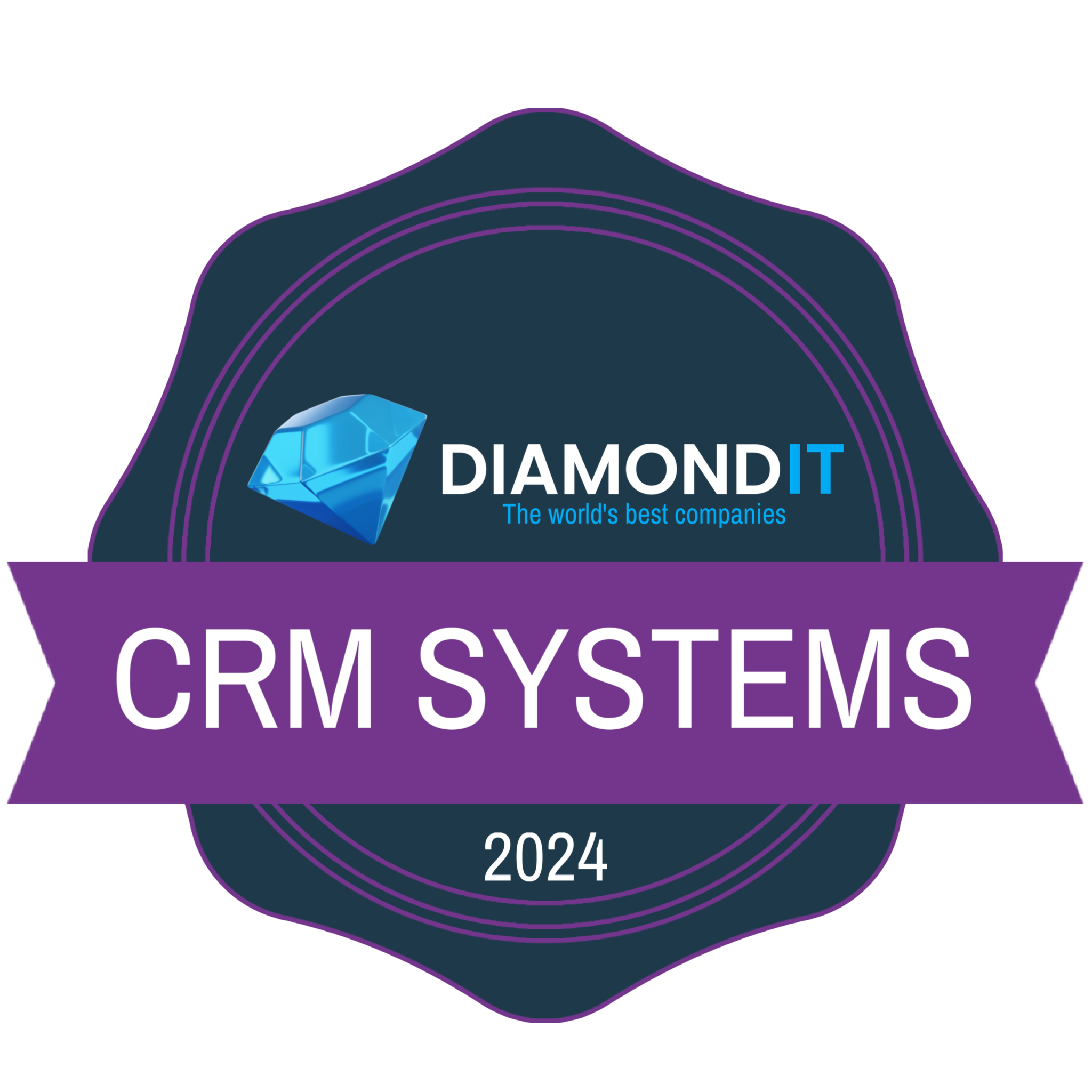The Ultimate Guide to C# Programming: Key Concepts & Best Practices
C# (pronounced "C-sharp") is a versatile, powerful, and widely-used programming language developed by Microsoft as part of the .NET Framework. It is one of the most popular languages for building applications for Windows, web, mobile, and even game development. Whether you are a novice programmer or an experienced developer, mastering C# opens up endless possibilities to build robust, scalable applications.
In this article, we will explore C# from the ground up, covering its key concepts, features, and best practices. Whether you’re starting your development career or looking to enhance your skills, this guide will give you a deep understanding of C# and help you build effective, modern software solutions.
1. Understanding C#: What Makes It So Powerful?
C# Overview:
C# is a high-level, object-oriented programming language that runs on the .NET Framework (or .NET Core). It was designed to be simple, modern, and flexible, offering robust features that support a wide variety of application types, from enterprise software to mobile apps and games.
Key Features of C#:
- Object-Oriented Programming (OOP): C# is based on OOP principles, which means developers can define classes, objects, and methods that encapsulate data and behavior.
- Cross-Platform Development: With the advent of .NET Core, C# can now run on Windows, Linux, and macOS, enabling developers to build cross-platform applications.
- Strong Type Checking: C# has a strong type system that ensures more reliable and efficient code by catching errors at compile time.
- Memory Management: C# handles memory management through automatic garbage collection, making it easier for developers to manage resources.
- Rich Libraries: The .NET ecosystem provides a wealth of libraries and frameworks, including ASP.NET for web development, Xamarin for mobile development, and Unity for game development.
Why It Matters: C# is not only easy to learn but also highly adaptable, making it an excellent choice for building diverse types of software.
2. The Core Concepts of C#
Before diving into advanced C# topics, let’s explore the core concepts that form the foundation of the language:
2.1 Data Types and Variables
C# provides a variety of built-in data types that allow developers to represent different kinds of information. These include int, string, bool, float, and double. Proper understanding of variable declarations and data types ensures that your code is optimized for performance.
2.2 Control Flow Statements
C# uses standard control flow statements like if, else, switch, and while to control the flow of execution in programs. Mastering these control structures is crucial for writing logic and creating flexible programs.
2.3 Classes and Objects
C# is an object-oriented language, meaning it allows developers to define classes and objects. A class defines the properties (fields) and behaviors (methods) of objects. Learning to use classes and objects effectively is fundamental to C# programming.
2.4 Inheritance and Polymorphism
C# supports inheritance, which allows you to create a new class based on an existing class, and polymorphism, which enables objects of different types to be treated as objects of a common base type. These concepts are key to creating reusable and maintainable code.
2.5 Exception Handling
Exception handling in C# is essential for dealing with errors gracefully. Using try, catch, and finally blocks, developers can handle unexpected issues without crashing the program.
3. Advanced Features in C#
Once you understand the basic syntax and concepts, C# offers several advanced features that enable you to write powerful and efficient code:
3.1 LINQ (Language Integrated Query)
LINQ is a powerful feature in C# that allows developers to write SQL-like queries directly within C# code. It can be used to query collections, databases, and other data sources in a very intuitive way.
3.2 Delegates and Events
Delegates in C# are similar to function pointers in other languages, allowing methods to be passed as parameters. Events, on the other hand, are a way to signal when something has happened in the application, such as a button click in a UI.
3.3 Asynchronous Programming with async/await
The async/await keywords in C# make asynchronous programming more straightforward. This feature is critical for building responsive applications that handle long-running tasks without blocking the main thread.
3.4 Generics
Generics allow you to create type-safe collections and methods that can work with any data type without sacrificing performance. They are widely used in C# and .NET libraries.
3.5 Attributes and Reflection
Attributes allow you to add metadata to classes, methods, or properties, while reflection lets you inspect this metadata at runtime. This is useful for building frameworks, libraries, and tools.
4. Best Practices for Writing C# Code
Writing efficient, readable, and maintainable C# code is critical for long-term success in software development. Below are some best practices to follow when working with C#:
4.1 Follow Naming Conventions
C# has a set of standard naming conventions for variables, methods, classes, and other code elements. Following these conventions makes your code consistent and easier for other developers to understand.
- Classes: PascalCase (e.g.,
Person) - Methods: PascalCase (e.g.,
CalculateSalary) - Variables: camelCase (e.g.,
employeeName)
4.2 Keep Code DRY (Don’t Repeat Yourself)
Repetition can lead to bugs and maintenance challenges. Use techniques like inheritance, polymorphism, and helper methods to avoid repeating code.
4.3 Use Dependency Injection
Dependency Injection (DI) helps in making your code more modular, testable, and maintainable by decoupling the components of your application.
4.4 Comment Your Code
Good comments help other developers (and future you) understand the purpose of specific code blocks. While C# is quite readable, concise comments improve the overall understanding of your program.
4.5 Unit Testing
Always write unit tests for your code. Use testing frameworks like xUnit or NUnit to ensure your code is functioning as expected and to catch bugs early in the development process.
5. Applications Built with C#
C# can be used for a wide variety of application types. Some of the most common include:
5.1 Desktop Applications
C# is often used to develop Windows desktop applications using Windows Forms or WPF (Windows Presentation Foundation).
5.2 Web Applications
With ASP.NET, C# is widely used for building web applications. ASP.NET Core, the cross-platform version of ASP.NET, allows you to build modern, high-performance web apps.
5.3 Mobile Applications
Using Xamarin, C# enables the development of cross-platform mobile applications for both iOS and Android.
5.4 Game Development
C# is the primary language used with the Unity game engine, which powers the development of 2D and 3D games across multiple platforms.
5.5 Cloud Applications
C# integrates seamlessly with Microsoft Azure to build scalable cloud applications that can leverage cloud computing, storage, and machine learning capabilities.
Conclusion: Why C# Continues to Thrive
C# has proven itself as one of the most versatile and powerful programming languages in the tech world. From enterprise applications to mobile apps and game development, C# provides the tools and flexibility needed to build modern, high-performance software. By mastering C#, developers can take advantage of its rich feature set, solid community support, and growing job market opportunities.
Whether you're new to C# or a seasoned developer looking to sharpen your skills, this guide provides the foundation to build amazing applications in 2025 and beyond.
🚀 Get started with C# today, and unlock the potential of one of the world’s most popular programming languages!















